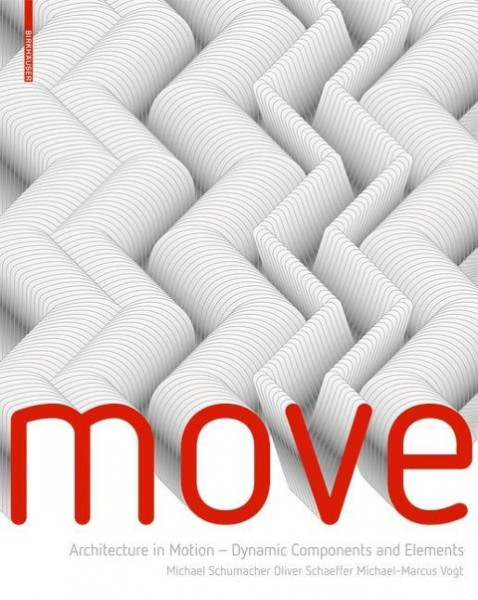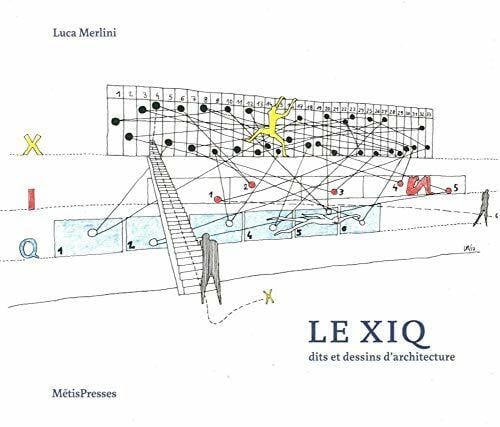
MOVE - Architecture in Motion
Kurzinformation
inkl. MwSt. Versandinformationen
Artikel zZt. nicht lieferbar
Artikel zZt. nicht lieferbar

Beschreibung
Dynamic components and adaptive elements are becoming increasingly important in contemporary architecture, and not just because of their visual effect. If architects and engineers are engaging more and more with the issue of movement - whether in the form of sun-tracking solar cells, lowerable walls, or intelligently programmed elevators - it's because they are busy exploring responses to three challenges: How can we control and reduce the energy requirement of buildings? How can we expand the range of possible uses? And how can we represent, illustrate, accommodate, and control dynamic movements in buildings? Designers and builders who seek to use kinetic components face technical and design challenges that aren't covered by traditional structural theory. For these users, this book presents the technical tools and constructional solutions that will allow them to implement these movements concretely and deploy them functionally within the domains of of "Energy," "Change of Use," and "Interaction." First it lays out the fundamentals and design principles of kinetics in architecture, technology, art, and nature in a structured manner. In a third section, forty movable elements are shown in action, each on a double page - with specially prepared phase drawings and organized by type of movement, including rotation, sliding, folding, and transformation. The international examples from noted architects range from window mechanisms to solar protection and light redirection systems, movable walls and roofs, and movable civil engineering structures. ring structures. von Schumacher, Michael
Produktdetails

So garantieren wir Dir zu jeder Zeit Premiumqualität.
Über den Autor
Michael Schumacher is a professor of design and construction at Leibniz University Hannover. versity Hannover.

- Gebunden
- 176 Seiten
- Erschienen 2010
- DETAIL

- Hardcover
- 304 Seiten
- Erschienen 1992
- Jossey-Bass Inc.,U.S.

- Hardcover -
- Erschienen 2024
- Manning

- paperback
- 224 Seiten
- Erschienen 2017
- METIS

- Hardcover
- 424 Seiten
- Erschienen 2013
- Braun Publishing

- Gebunden
- 176 Seiten
- Erschienen 2011
- DETAIL







































